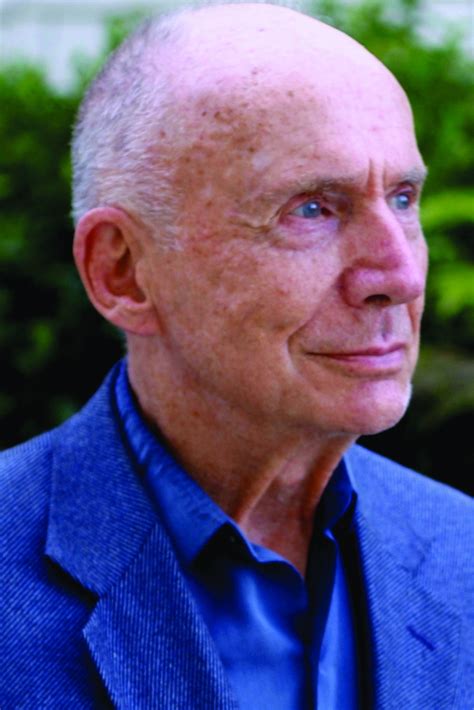A Quote by Tara Brach
What would it be like if, right in the midst of this busyness, we were to consciously take our hands off the controls? What if we were to intentionally stop our mental computations and our rushing around and, for a minute or two, simply pause and notice our inner experience?
Related Quotes
Learning to pause is the first step in the practice of Radical Acceptance. A pause is a suspension of activity, a time of temporary disengagement when we are no longer moving toward any goal ... The pause can occur in the midst of almost any activity and can last for an instant, for hours or for seasons of our life ... You might try it now: Stop reading and sit there, doing 'no thing,' and simply notice what you are experiencing.
Our friendship was like our writing in some ways. It was the only thing that was interesting about our otherwise dull lives. We were better off when we were together. Together we were a small society of ambition and high ideals. We were tender and patient and kind. We were not like the world at all.
Through our perceptual systems, we represent our surroundings, aiming to do so accurately, where the aiming is functional or teleological, rather than intentional. And the same goes for our functional beliefs. Through our judgments, however, we do intentionally, even consciously, attempt to get it right.
Every person must live the inner life in one form or another. Consciously or unconsciously, voluntarily or involuntarily, the inner world will claim us and exact its dues. If we go to that realm consciously, it is by our inner work: our prayers, meditations, dream work, ceremonies, and Active Imagination. If we try to ignore the inner world, as most of us do, the unconscious will find its way into our lives through pathology: our psychosomatic symptoms, compulsions, depressions, and neuroses.
I got back in my car, starting the engine, then drove off. It wasn't until I pulled onto the highway that it all really sunk it, how temporary our friendship had been. We'd been on our breaks, after all, but it wasn't our relationships that were on pause: it was us. Now we were both in motion again, moving ahead. So what if there were questions left unanswered. Life went on. We knew that better than anyone.
Happiness is not like we were walking around fingering razor blades or anything like that. But it just sort of seems as if - we sort of knew how happy our parents were, and we would compare our lives with our parents and see that, at least on the surface or according to the criteria that the culture lays down for a successful, happy life, we were actually doing better than a lot of them were.
That is why we need to travel. If we don't offer ourself to the unknown, our senses dull. Our world becomes small and we lose our sense of wonder. Our eyes don't lift to the horizon; our ears don't hear the sounds around us. The edge is off our experience, and we pass our days in a routine that is both comfortable and limiting. We wake up one day and find that we have lost our dreams in order to protect our days.
We are warned by the Word both of our duty, our danger, and our remedy. On the sea of life there would be many more wrecks if it were not for the divine storm-signals which give to the watchful a timely warning. The Bible should be our Mentor, our Monitor, our Memento Mori, our Remembrancer, and the Keeper of our Conscience.
We discover that we do not know our role; we look for a mirror; we want to remove our make-up and take off what is false and real. But somewhere a piece of disguise that we forgot still sticks to us. A trace of exaggeration remains in our eyebrows; we do not notice that the corners of our mouth are bent. And so we walk around, a mockery and a mere half: neither having achieved being nor actors.





































